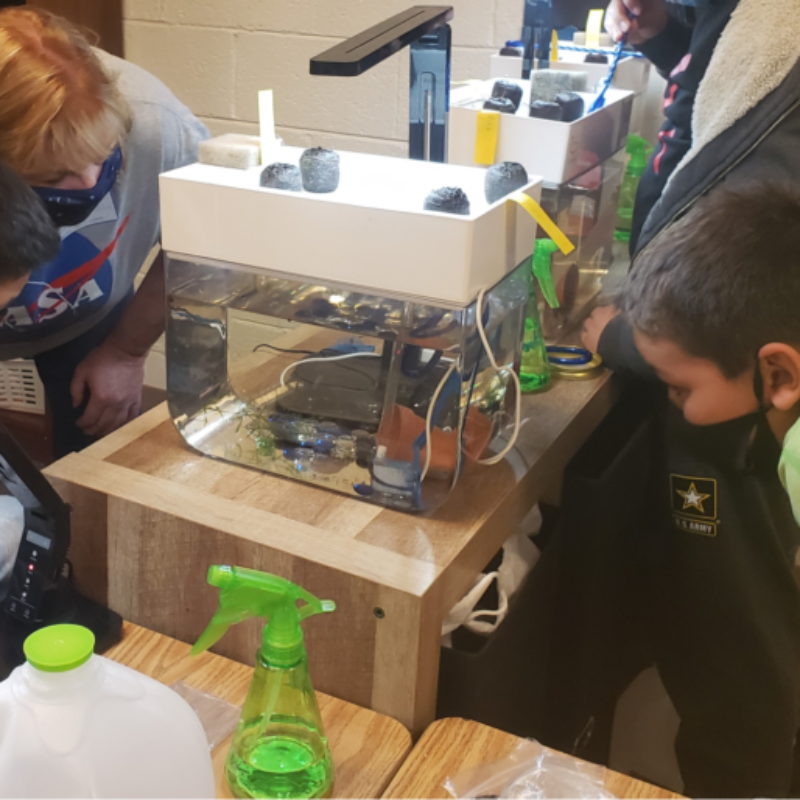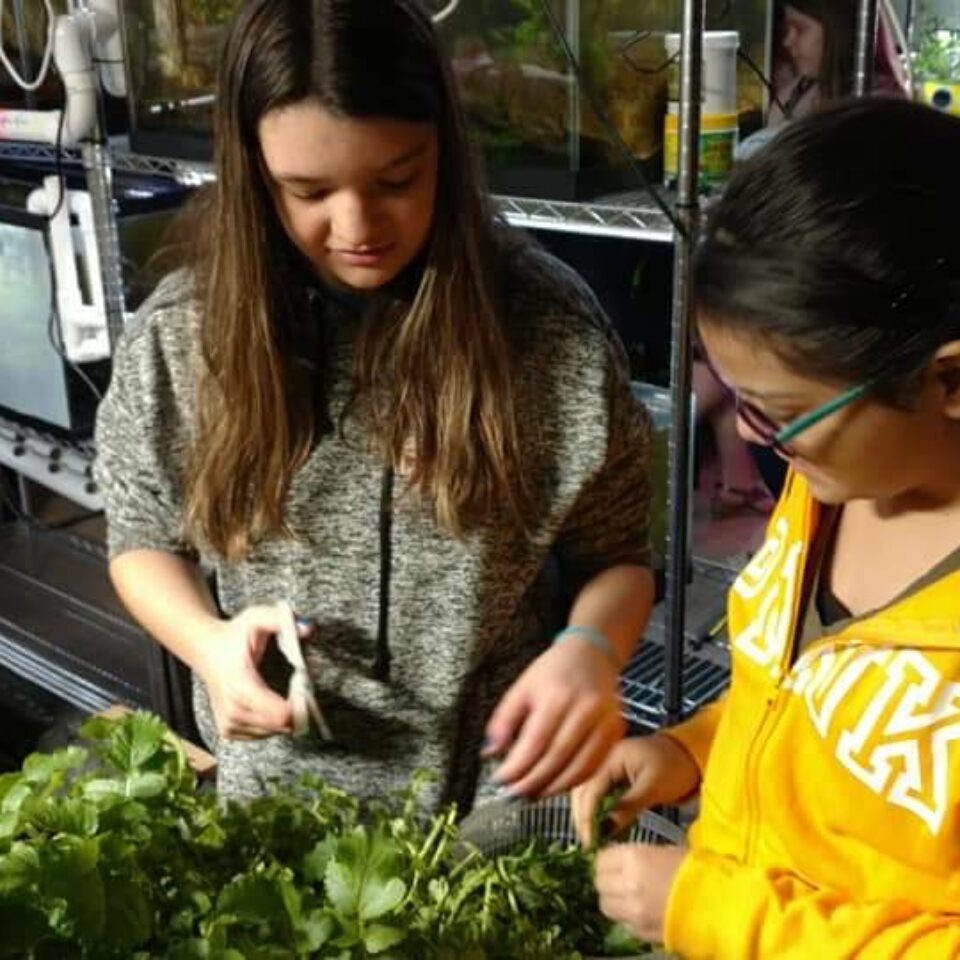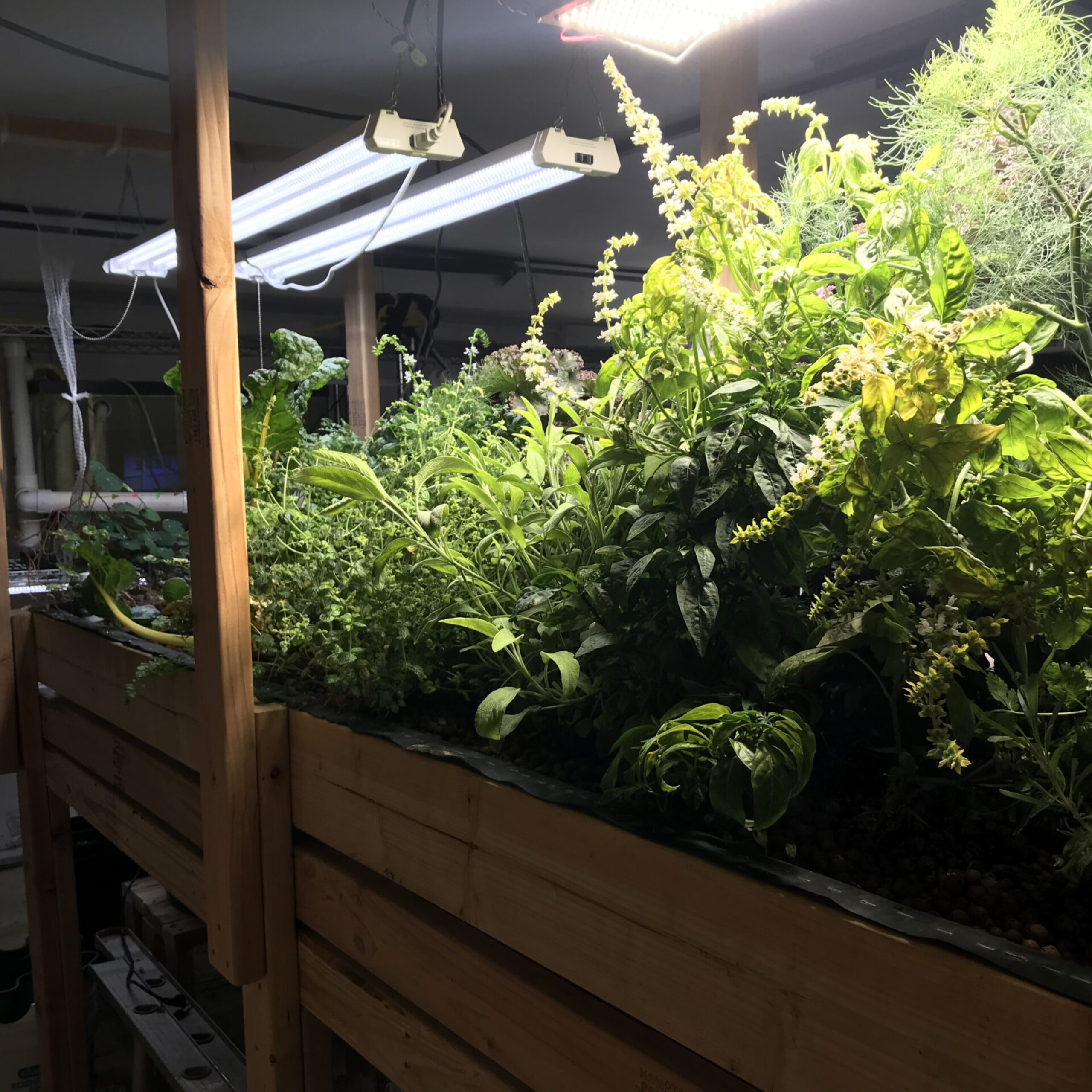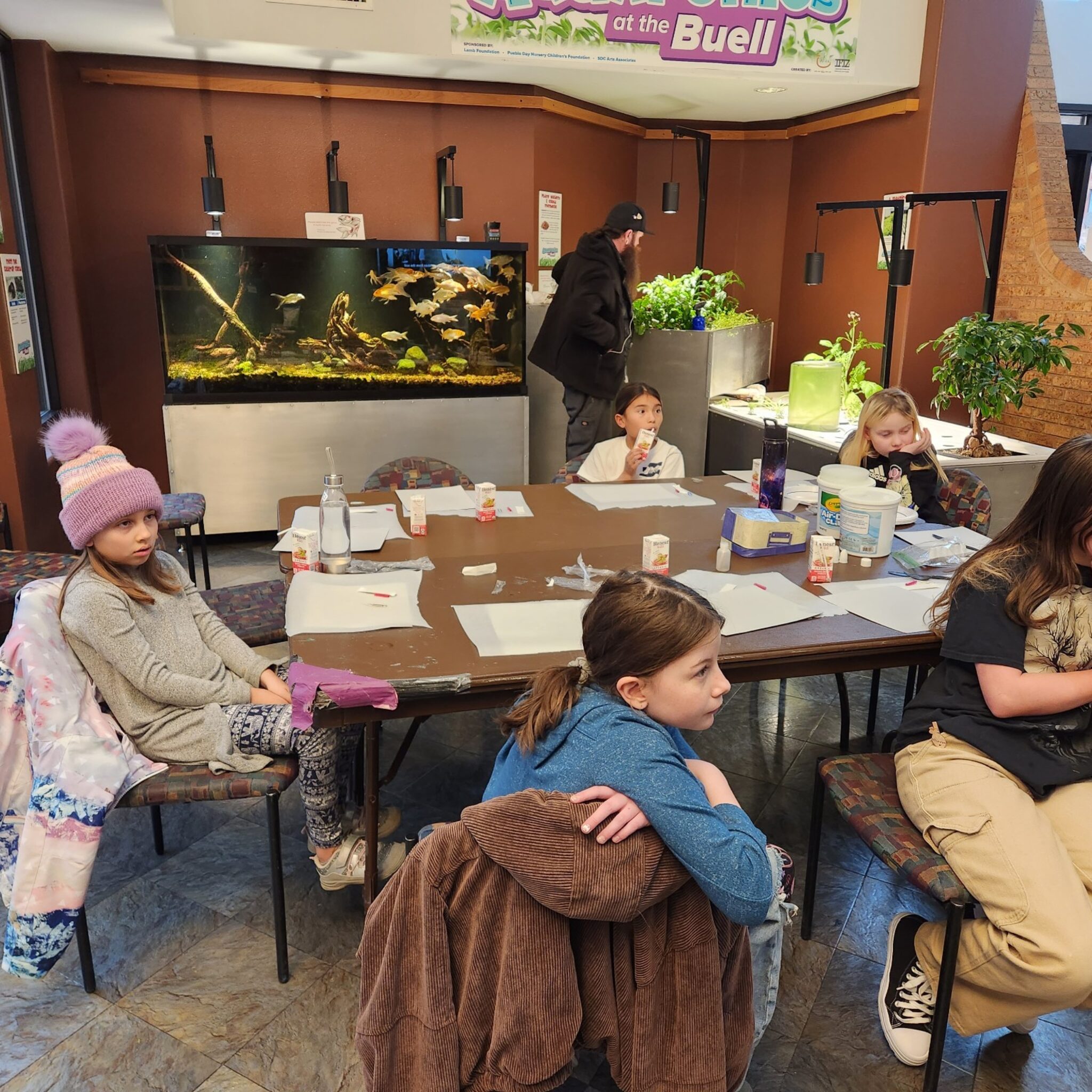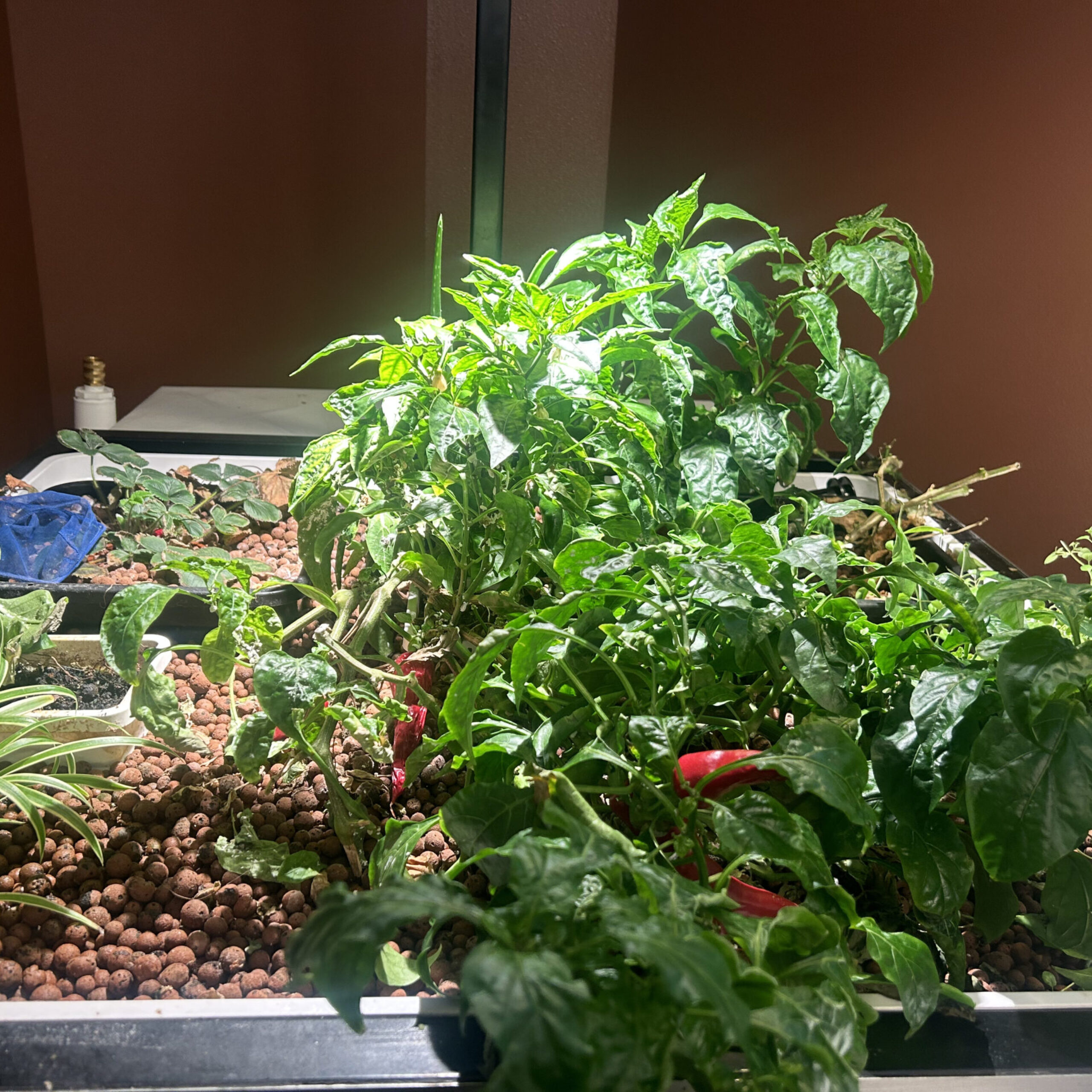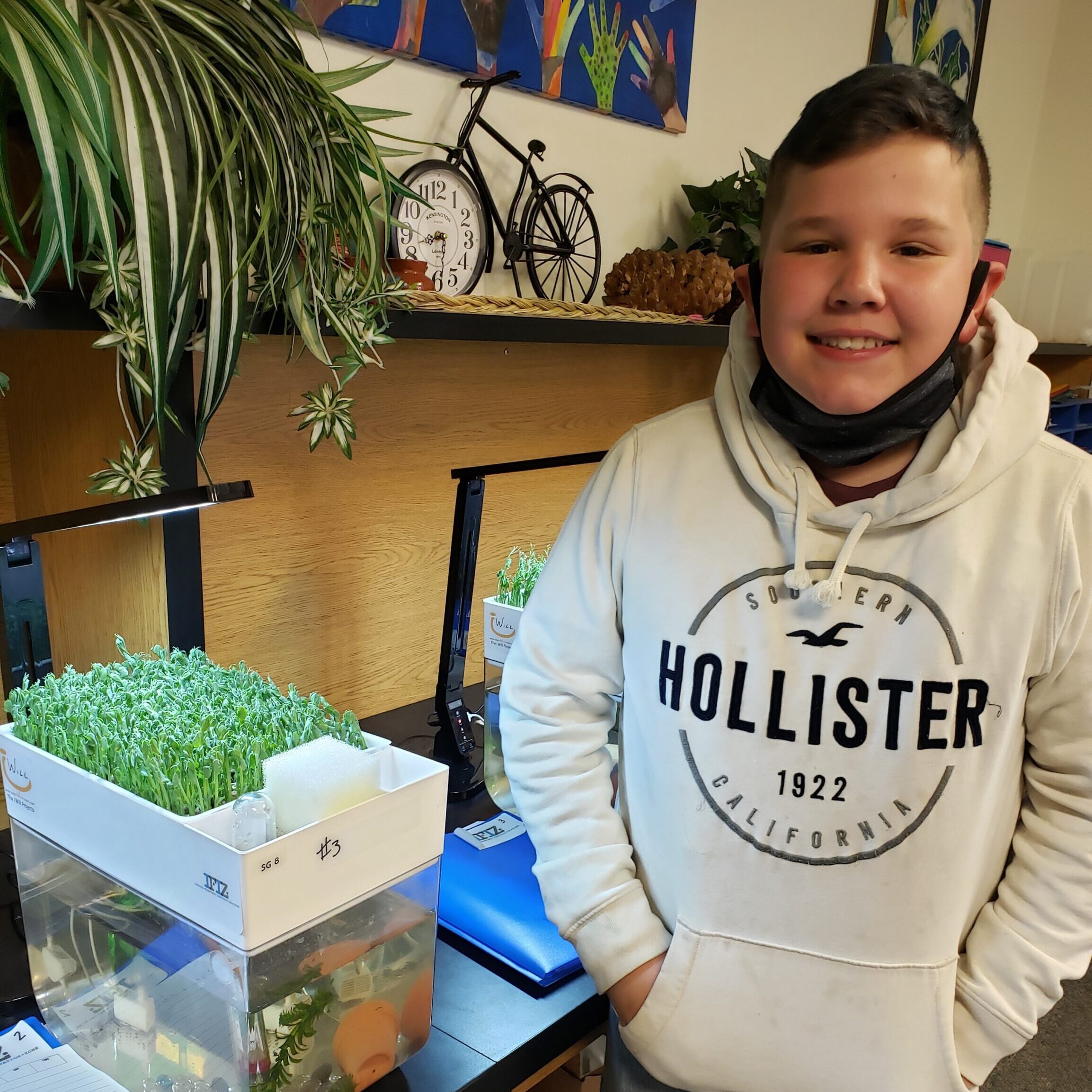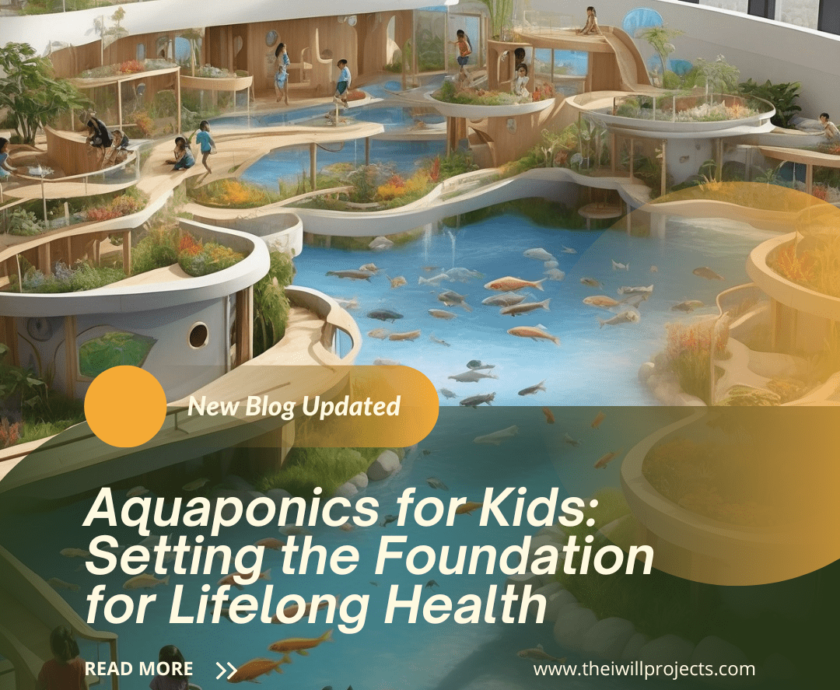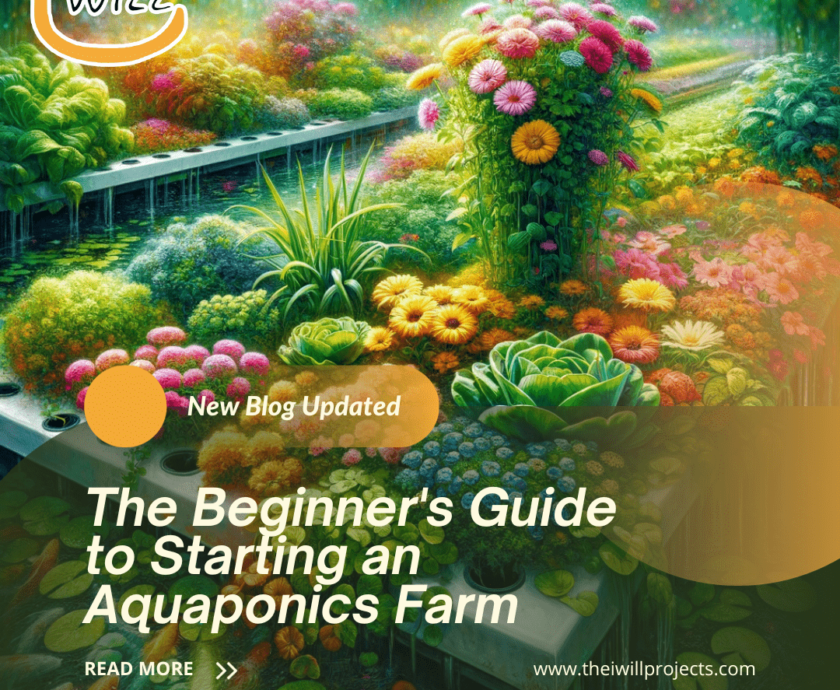“We might think we are nurturing our garden, but of course, it’s our garden that is really nurturing us.” – Jenny Uglow
TweetTable of contents
- Introduction
- Why Gardening is Magical for Kids
- The Role of Patience in Gardening
- How Gardening Helps Kids Develop Responsibility
- Hands-On Lessons of Patience Through Garden Magic
- The Importance of Consistency in Growing a Garden
- Garden Magic: Nurturing Emotional and Mental Wellbeing
- Learning Through Challenges and Setbacks
- Connecting with Family and Community Through Gardening
- Conclusion: Garden Magic for Kids and the Lessons of Patience
- FAQs
Introduction
Garden Magic is more than just planting seeds and waiting for flowers to bloom. It’s an enchanting experience filled with life lessons for kids, especially when it comes to patience, growth, and nurturing.
The joy of witnessing plants sprout from tiny seeds can create an incredible sense of wonder in children. This wonder, often referred to as “garden magic,” is a beautiful tool for teaching kids the lessons of patience in a world where instant gratification seems to dominate.
In today’s fast-paced world, where everything is available at the click of a button, it’s crucial for children to develop patience and persistence. Gardening provides a perfect backdrop for these values, allowing kids to see that good things take time, effort, and care.
Let’s dive into how this magical process unfolds and how it connects with kids learning patience.
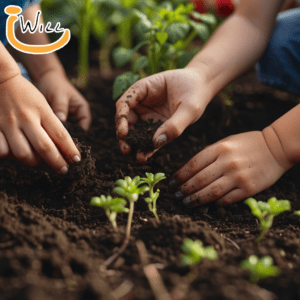
Why Gardening is Magical for Kids
For many children, a garden can seem like an unexplored jungle, brimming with mystery and excitement.
The transformation of a garden plot from barren soil into a thriving ecosystem is nothing short of magical. Whether it’s watching a sunflower reach toward the sky or discovering worms and ladybugs beneath the leaves, every step of gardening can be an adventure.
Garden magic sparks curiosity and invites kids to ask questions about the natural world. Why do some plants need more sunlight than others? How long does it take for a seed to sprout? By engaging with these questions, children develop a deeper understanding of how nature works, all while learning to be patient.
The Role of Patience in Gardening
Patience is a virtue that gardening naturally instills in children.
When kids plant seeds, they must wait days, even weeks, to see any visible signs of growth.
This waiting period can be a challenge, especially in a world accustomed to instant results. However, it’s also a powerful teacher, fostering in kids and the lessons of patience that some of the best things in life don’t happen overnight.
As they care for their garden, kids learn that growth isn’t linear.
There will be setbacks: seeds that don’t sprout, plants that get eaten by bugs, or weather that doesn’t cooperate. These challenges present valuable opportunities for kids to develop resilience and persistence—important qualities that go hand in hand with patience.
How Gardening Helps Kids Develop Responsibility
Beyond patience, gardening is an excellent way for kids to learn about responsibility. When a child plants a seed, they take ownership of it.
They quickly learn that the seed won’t grow unless it’s given the right conditions.
Watering plants daily, ensuring they receive adequate sunlight, and keeping pests at bay teaches kids that their actions (or inactions) have direct consequences. This sense of responsibility is deeply empowering.
Kids begin to understand that, just like in the garden, the choices they make in life matter. They see the fruits of their labor, quite literally, and feel proud of their efforts when they finally pick that ripe tomato or colorful flower.
Hands-On Lessons of Patience Through Garden Magic
The garden can be a living classroom, offering endless lessons wrapped in the enchanting process of plant growth.
By participating in gardening activities, kids experience firsthand the concept of delayed gratification. This is one of the core aspects of patience. Here’s how specific gardening activities can reinforce this lesson:
Planting and Waiting: The very act of planting seeds is an exercise in patience. Children sow seeds, cover them with soil, and then wait. Each day brings a tiny change: a sprout, a new leaf, a growing stem. The time between planting and harvesting can seem endless, but it’s also filled with small rewards that keep kids motivated.
Tracking Growth: Keeping a garden journal where kids can document the progress of their plants reinforces patience. They can draw or write about what they observe, from the first sprout to the first bloom. This practice of observation teaches them to appreciate the slow and steady pace of natural growth.
Understanding the Seasons: Not all plants grow year-round. Seasonal gardening helps kids understand that timing is everything. They learn that some plants, like pumpkins or sunflowers, are best planted in certain months and that they have to wait for the right time to harvest.
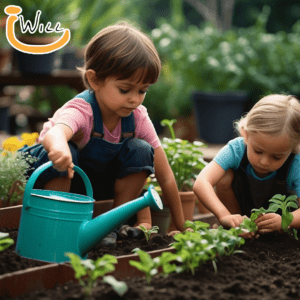
The Importance of Consistency in Growing a Garden
Consistency is key in gardening, and it ties directly into the lessons of patience.
Children discover that gardens require regular care—watering, weeding, and monitoring. There are no shortcuts in cultivating garden magic.
A plant that’s neglected for even a few days can wither, teaching kids that consistent effort is essential for long-term success.
In a garden, every small action counts.
A missed watering session might mean stunted growth or even failure. This reinforces the lesson that patience isn’t just about waiting passively; it’s about consistently taking the right actions over time. As children embrace this, they realize that steady, small efforts can lead to significant rewards.
Garden Magic: Nurturing Emotional and Mental Wellbeing
Gardening isn’t just good for developing practical life skills like patience and responsibility. It’s also a deeply therapeutic activity.
Spending time outdoors, working with soil, and watching plants grow has a calming effect on children.
In an age where screen time often dominates, gardening offers a grounding experience that promotes mindfulness and connection with nature.
The satisfaction of seeing their hard work flourish can boost children’s self-esteem and confidence.
When a flower blooms or a vegetable ripens, kids feel a sense of accomplishment, validating the time and care they invested. These emotional benefits further encourage kids and the lessons of patience in their everyday lives.
Learning Through Challenges and Setbacks
Not every gardening experience goes smoothly. Sometimes plants don’t grow as expected, or a sudden frost damages delicate seedlings. For children, these setbacks can be disappointing. However, they also provide important lessons.
In the garden, failure is part of the learning process.
Kids begin to see that not everything is within their control, but that doesn’t mean they should give up. These experiences teach resilience—a key component of patience.
They learn to troubleshoot, adapt, and try again, understanding that setbacks are temporary and often lead to growth, both in the garden and within themselves.
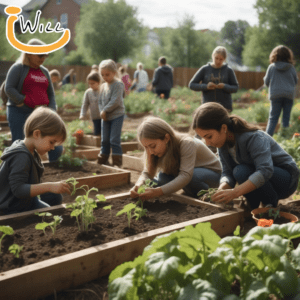
Connecting with Family and Community Through Gardening
Gardening is often a shared activity, and this communal aspect can enhance kids and the lessons of patience even further.
Whether it’s working alongside siblings, parents, or neighbors, kids learn the value of collaboration and teamwork.
Planting a family garden encourages cooperation, planning, and shared responsibilities, fostering a sense of unity and patience as everyone works together toward a common goal.
Community gardens also provide a platform for children to interact with others, share their gardening experiences, and learn from more experienced gardeners.
This exchange of knowledge builds kids and the lessons of patience as they learn that mastery of any skill takes time and experience.
Conclusion: Garden Magic for Kids and the Lessons of Patience
Gardening isn’t just about pretty flowers – it’s a magical journey where kids discover the wonder of patience, growth, and nurturing. Through our Aquaponics Activity Guide for youth learners, children can experience this magic firsthand.
Ultimately, the magic of gardening lies in its ability to transform waiting into a rewarding experience. Kids learn that patience isn’t just about sitting back and hoping for the best; it’s about being actively involved in a process that takes time. They see that growth is gradual, and that nurturing something requires dedication, attention, and time. These lessons extend far beyond the garden.
As children mature, the patience and persistence they develop through gardening can be applied to their studies, relationships, and personal goals. They begin to understand that true success often comes from a slow and steady approach, and that waiting—when coupled with consistent effort—can yield the most beautiful results.
FAQs
Gardening is magical because it engages children’s curiosity and creativity. The transformation from seed to plant captivates their attention, allowing them to witness growth, life cycles, and the intricate workings of nature, all while teaching them the value of patience.
How does gardening teach patience to kids?
Gardening teaches patience by requiring kids to wait for results over an extended period. The time it takes for a seed to sprout, grow, and eventually bear fruit or flowers shows children that good things often take time and consistent care.
Why is consistency important in gardening?
Consistency is crucial because plants need regular attention, such as watering and weeding. Inconsistent care can lead to poor growth or even plant failure. This teaches kids that steady, regular efforts are key to achieving long-term goals.
Can gardening help with a child’s emotional wellbeing?
Yes, gardening is known to reduce stress and promote relaxation. It helps children feel connected to nature and provides a sense of accomplishment as they watch their plants grow. The routine and care involved in gardening can be calming and rewarding.
How can setbacks in gardening be beneficial for kids?
Setbacks teach kids resilience and problem-solving. When plants don’t grow as expected, children learn to adapt, try new strategies, and remain patient, knowing that challenges are part of the learning process.
What are some family activities related to gardening?
Families can work together to plan, plant, and maintain a garden. Activities like designing garden layouts, building raised beds, or harvesting crops are great ways to bond while teaching kids about teamwork, patience, and the rewards of shared effort.
The I Will Projects, a 501c3 Non-Profit, promotes diverse solutions for global challenges. Our IFIZ education programs, emphasizing aquaponics, and insect farming, empower communities through knowledge, collaboration, and sustainable innovation.



